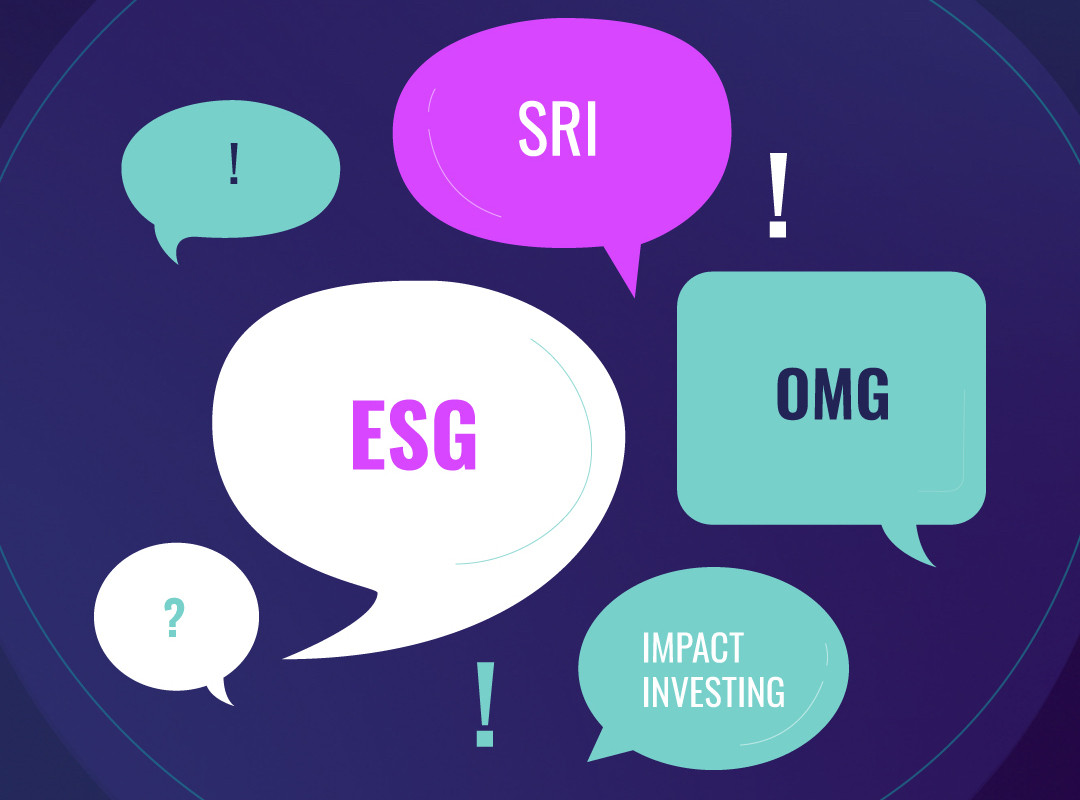 Back to Learn page
Back to Learn page

What is a Stock?
If you've ever found yourself nodding along to conversations about investing while secretly wondering if everyone else in the room is speaking a different language, you're not alone. Markets can sometimes feel like a mysterious world reserved for the finance-forward folks in our lives.
The reality is, investing in publicly traded stocks and ETFs can help pave the way to financial independence. For those looking to leverage the potential of the stock market, understanding the fundamentals is key.
Let's dive in.
A stock is essentially a slice of ownership in a company. When you own a stock, you become a “shareholder” - congrats! This means you could potentially receive dividends if the company does well and decides to distribute profits to its shareholders. You might also have a say in certain company decisions (check out our blog on shareholder voting to learn more).
Stocks play a pivotal role in the global economy, allowing companies to raise funds for their operations by selling shares(i.e. ownership stakes) to the public. These shares can be traded on exchanges like the New York Stock Exchange (NYSE) or Nasdaq, or in some cases, sold privately. Regulations set by the Securities Exchange Commission (SEC) govern how companies can handle their stocks. Stocks typically fall into two categories: common stock, which grants shareholders voting rights, and preferred stock, which doesn't grant voting rights but often ensures fixed dividend payments.
Let’s say you're passionate about technology and believe in the potential of a promising publicly traded company. Maybe you’ve taken a look at their product offerings, financial reports and/or impact metrics, and decide you like what you see. Via a brokerage account, you can decide to invest in the company's vision and growth prospects, with the value of your stake tied to its overall success.
Investing in stocks presents opportunities for both companies and individuals alike. Companies often use stocks as a means to raise capital, facilitating growth initiatives and strategic expansion plans. Meanwhile, investors become shareholders — whose shares grow (or decline) with the company) — and gain the opportunity to influence corporate decisions through voting rights.
Now you may wonder, "Where can I start investing in stocks?". To begin, you can open a brokerage account with any of the numerous brokerages out there — like Fennel! (You can find us in the Apple App Store or the Google Play Store.) You’ll want to make sure you’re conducting thorough research on potential investments, considering your own risk tolerance and investment objectives, and the company's financial performance along with their environmental, social, and governance practices.
It’s a complicated and risky field, to be sure! But with the right knowledge and tools at your disposal, you can be well-equipped to navigate the landscape of stocks & ETFs.
∙ ∙ ∙
The views expressed are those of the author at the time of writing, are not necessarily those of the firm as a whole and may be subject to change. The information contained in this advertisement is for informational purposes and should not be regarded as an offer to sell or a solicitation of an offer to buy any. It does not constitute a recommendation or consider the particular investment objectives, financial conditions, or needs of specific investors. Investing involves risk, including the loss of principal. Past performance is not indicative or a guarantee of future performance. We do not provide tax, accounting, or legal advice to our clients, and all investors are advised to consult with their tax, accounting, or legal advisers regarding any potential investment. The information and any opinions contained in this advertisement have been obtained from sources that we consider reliable, but we do not represent such information and opinions are accurate or complete, and thus should not be relied upon as such. This is particularly true during periods of rapidly changing market conditions. Employing ESG strategies may not result in favorable investment performance. Securities offered through Fennel Financials, LLC. Member FINRA SIPC.

Expand your knowledge further

Some investors have a hypothesis that ESG investments generate stronger, more sustainable returns over the long term.

Some universities are using endowment funds to invest in the oil industry.

There are a lot of terms used in the world of impact investing, what do they all mean?

More people are paying attention to socially responsible investing.

What does impact investing look like in practice?

An ESG index can help you track the performance of certain ESG-vetted companies over time.

Let's take a look back at some of the things that happened during last year's AGM season.

Want to invest in bonds while having a positive impact on the world?

The Tax Cuts and Jobs Act of 2017 helped create a new type of impact investing.

Equity crowdfunding allows more people to participate in early stage startup investing.
Take back the power of your investment
